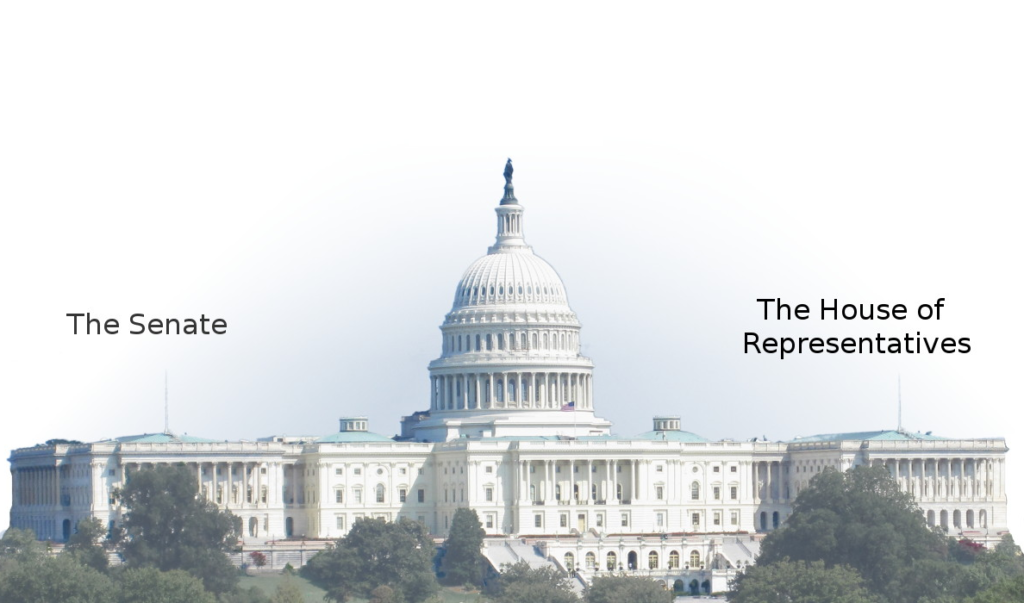 Congress is the legislative branch of the federal government that represents the American people and makes the nation’s laws that influence our daily lives. It holds hearings to inform the legislative process, conducts investigations to oversee the executive branch, and serves as the voice of the people and the states in the federal government. It shares power with the executive branch, led by the president, and the judicial branch, whose highest body is the Supreme Court of the United States. Of the three branches of government, Congress is the only one elected directly by the people.
Congress is the legislative branch of the federal government that represents the American people and makes the nation’s laws that influence our daily lives. It holds hearings to inform the legislative process, conducts investigations to oversee the executive branch, and serves as the voice of the people and the states in the federal government. It shares power with the executive branch, led by the president, and the judicial branch, whose highest body is the Supreme Court of the United States. Of the three branches of government, Congress is the only one elected directly by the people.
Congress is divided into two institutions: the House of Representatives and the Senate. The two houses of Congress have equal but unique roles in the federal government. While they share legislative responsibilities, each house also has special constitutional duties and powers.
To balance the interests of both the small and large states, the Framers of the Constitution divided the power of Congress between the two houses. Every state has an equal voice in the Senate, while representation in the House of Representatives is based on the size of each state’s population.
All legislative Powers herein granted shall be vested in a Congress of the United States, which shall consist of a Senate and House of Representatives.
— The Constitution, Article I Section I – The Legislature
Article I—the longest article of the Constitution—describes congressional powers. Congress has the power to:
-
Make laws
-
Declare war
-
Raise and provide public money and oversee its proper expenditure
-
Impeach and try federal officers
-
Approve presidential appointments
-
Approve treaties negotiated by the executive branch
-
Oversight and investigations
